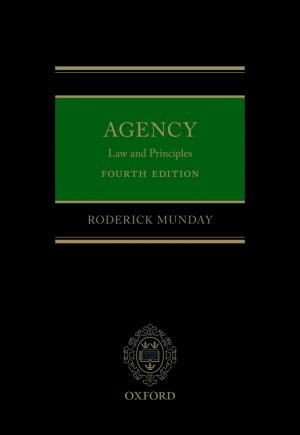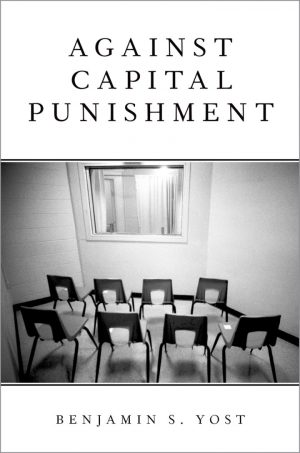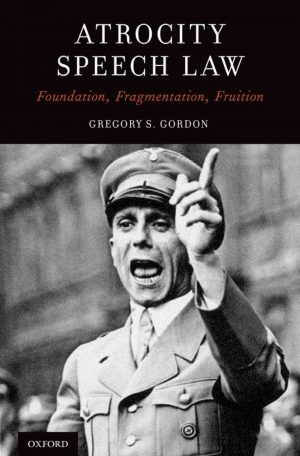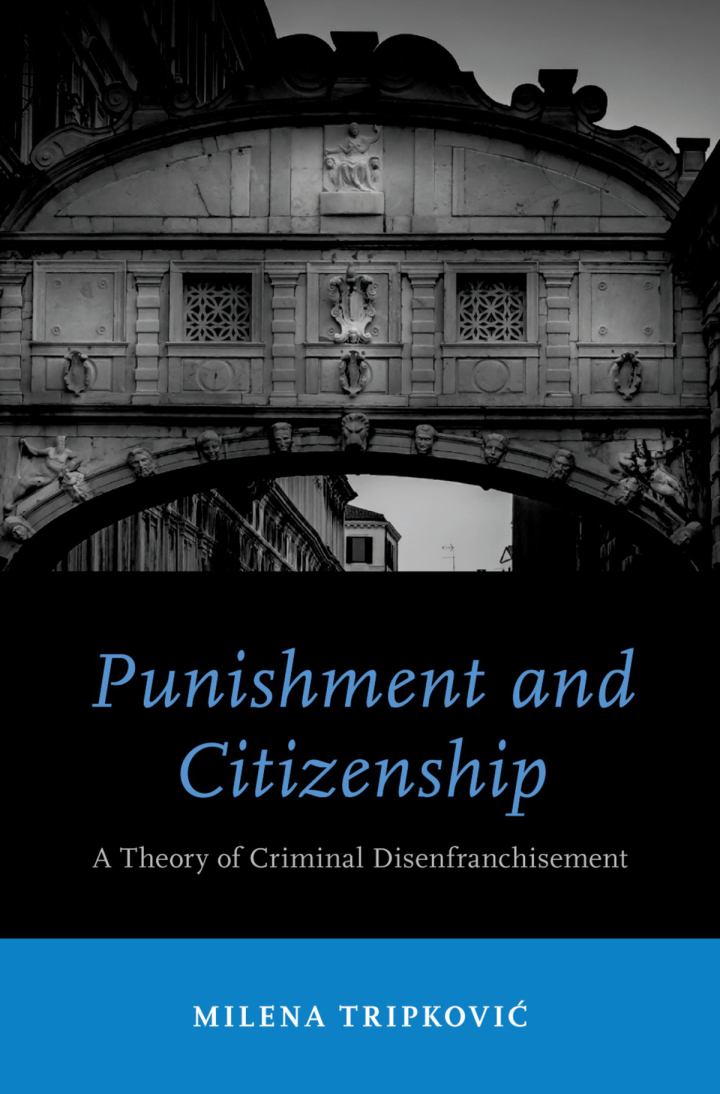Punishment and Citizenship A Theory of Criminal Disenfranchisement
$34.12
Attention: This is just ebook, Access Codes or any other Supplements excluded! / File Delivery: Sent Via Email within 24 hours!
SKU: 202593ff75f1
Category: Law Textbooks
Description
-
Author(s)Milena Tripkovic
-
PublisherOxford University Press
-
FormatPDF
-
Print ISBN
9780190848620, 0190848626 -
eText ISBN
9780190848620, 0190848626 -
Edition
-
Copyright
- Details
Criminal disenfranchisement-the practice of restricting electoral rights following criminal conviction-is the only surviving electoral restriction of adult, mentally competent citizens in contemporary democracies. Despite the strong devotion to the principle of universal suffrage, criminal offenders are still routinely deprived of active and passive franchise, while the justifications for such limitations remain elusive and incoherent.In Punishment and Citizenship, Milena Tripkovic develops an empirical and normative account of criminal disenfranchisement. Starting from historical precedents of such restrictions and examining the current policies of a number of European countries, Tripkovic argues that while criminal disenfranchisement is considered a form of punishment, it should instead be viewed as a citizenship sanction imposed when a citizen fails to perform their role as a member of a political community. In order to determine the justifications of disenfranchisement, Tripkovic explores various citizenship ideals and examines whether criminal offenders comply with the expectations that are posed before them. After developing a theoretical framework of citizenship duties, Tripkovic concludes that very few criminal offenders fail to satisfy fundamental citizenship conditions and exhaustive voting restrictions cannot ultimately be justified.A comprehensive assessment of criminal disenfranchisement, Punishment and Citizenship offers concrete policy suggestions to determine the limited circumstances under which electoral rights could justifiably be withheld from criminal offenders.
Related products
-

Agency 4th Edition Law and Principles
Rated 0 out of 5$53.62 Add to cart -

Business and Investment in Brazil Law and Practice
Rated 0 out of 5$66.62 Add to cart -

Against Capital Punishment
Rated 0 out of 5$12.35 Add to cart -

Atrocity Speech Law Foundation, Fragmentation, Fruition
Rated 0 out of 5$43.88 Add to cart

